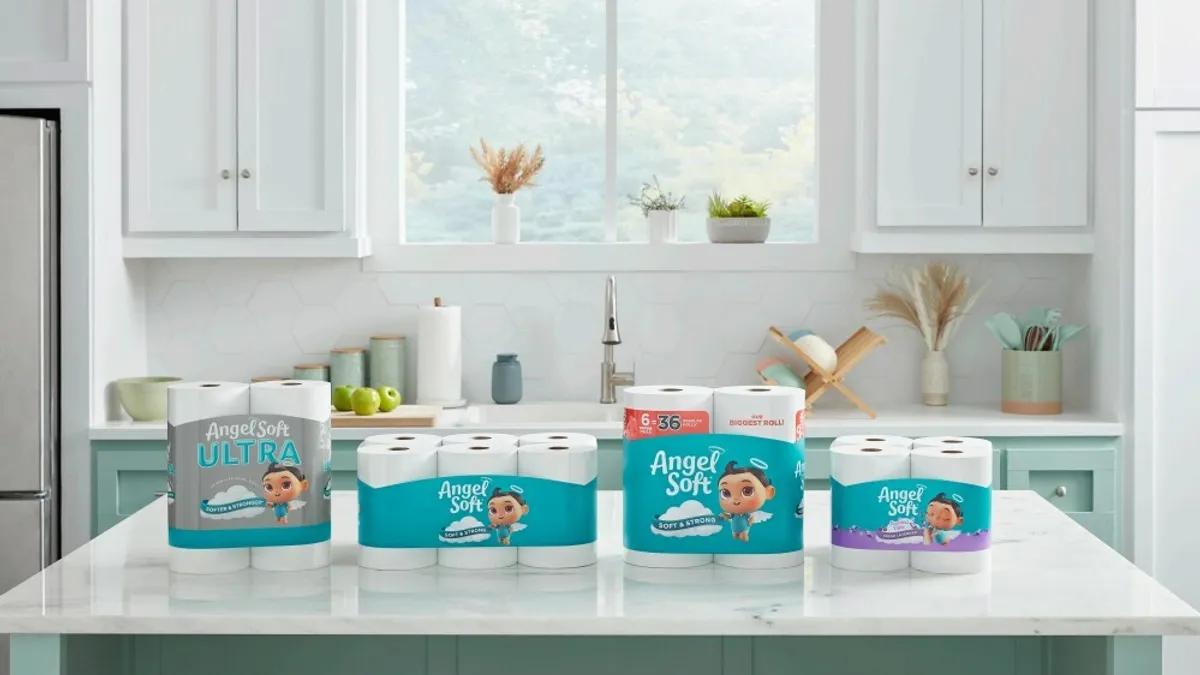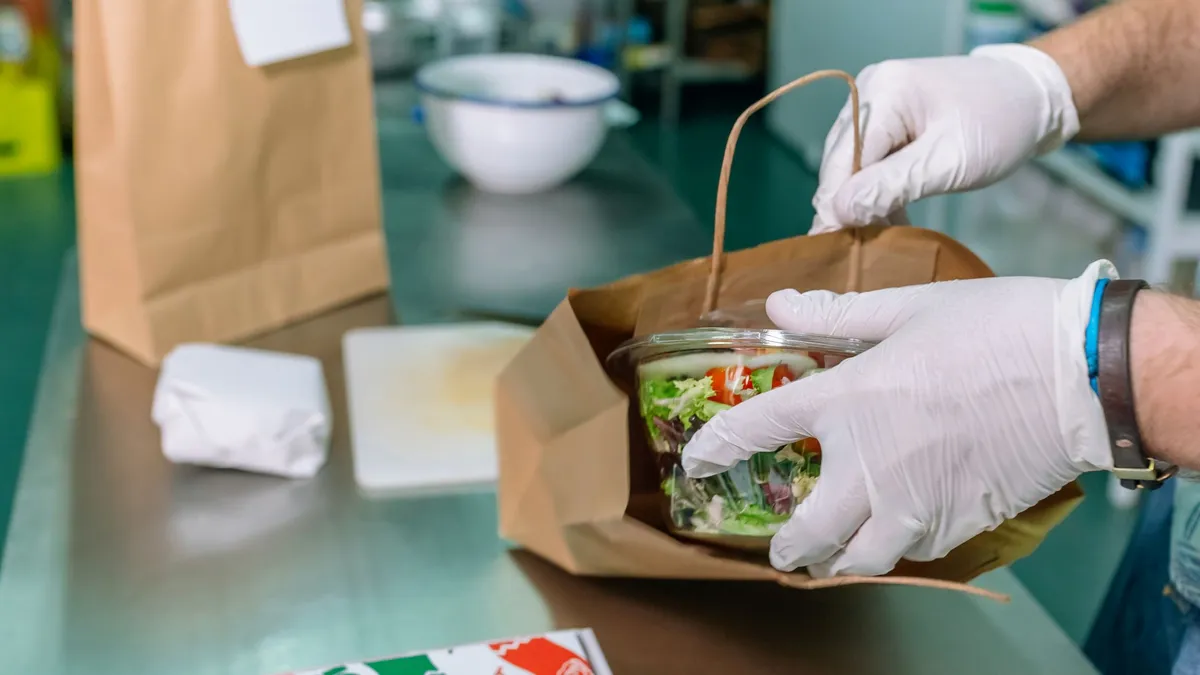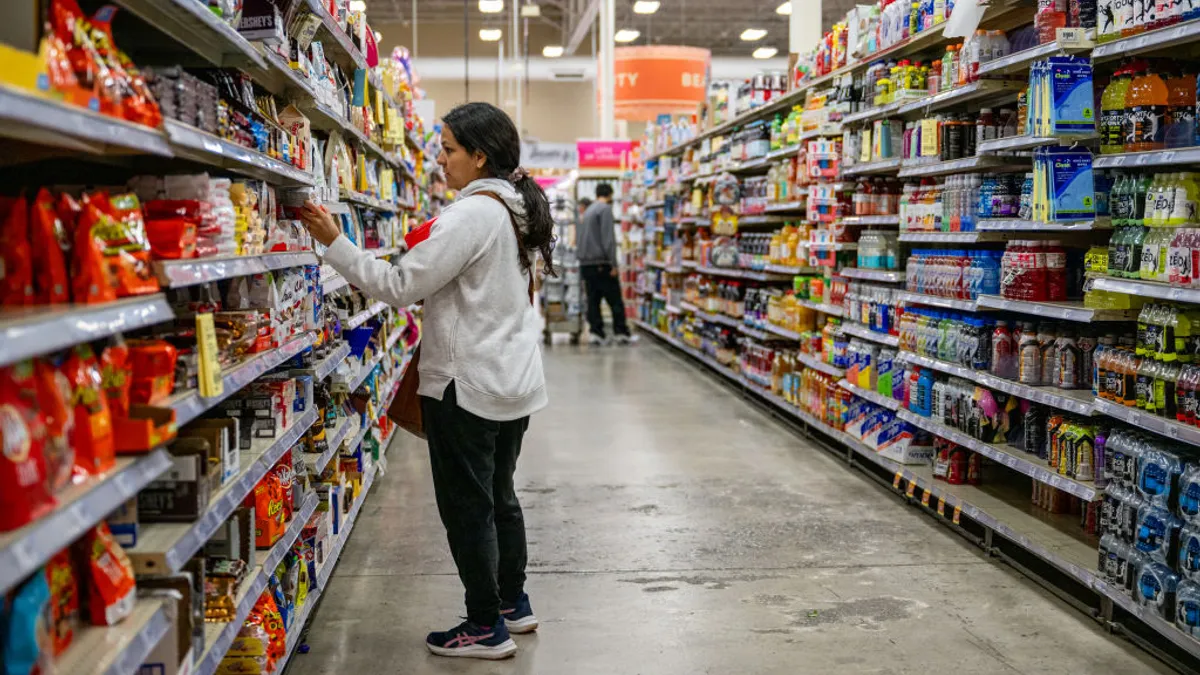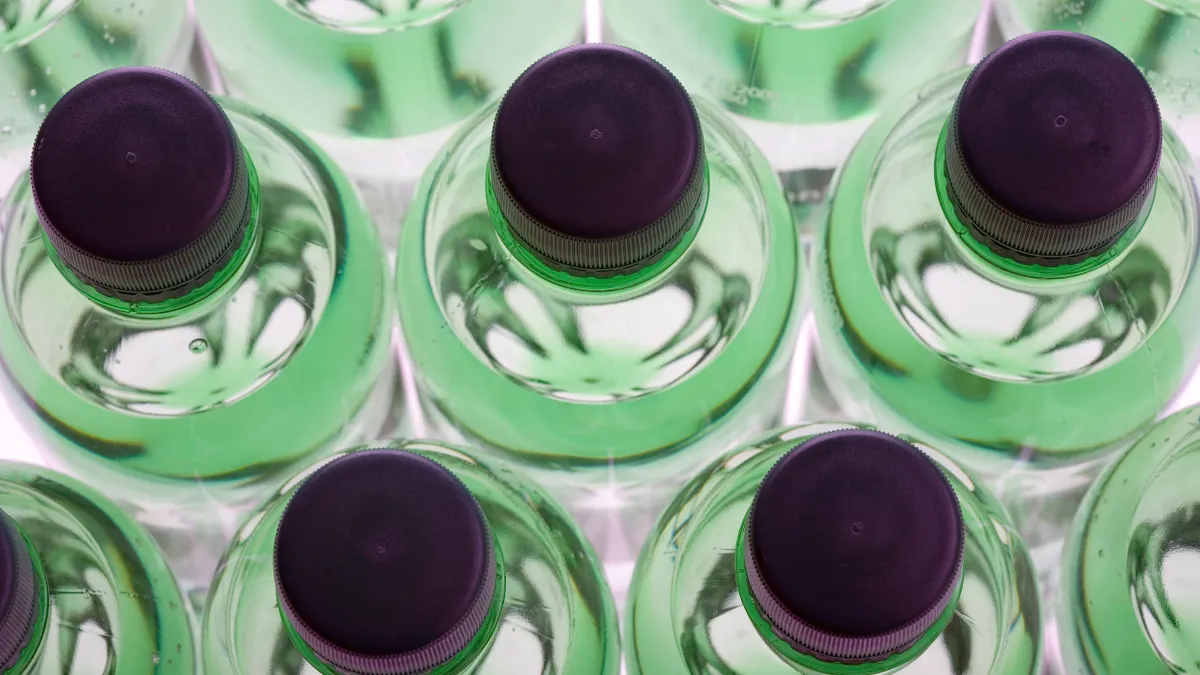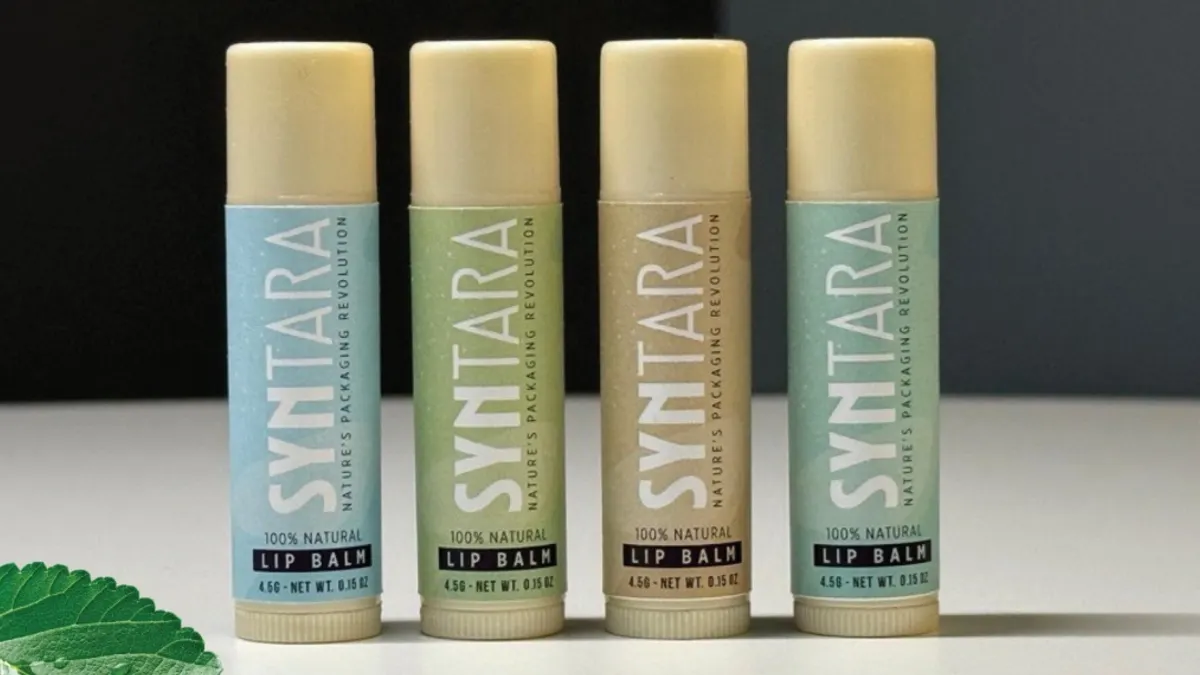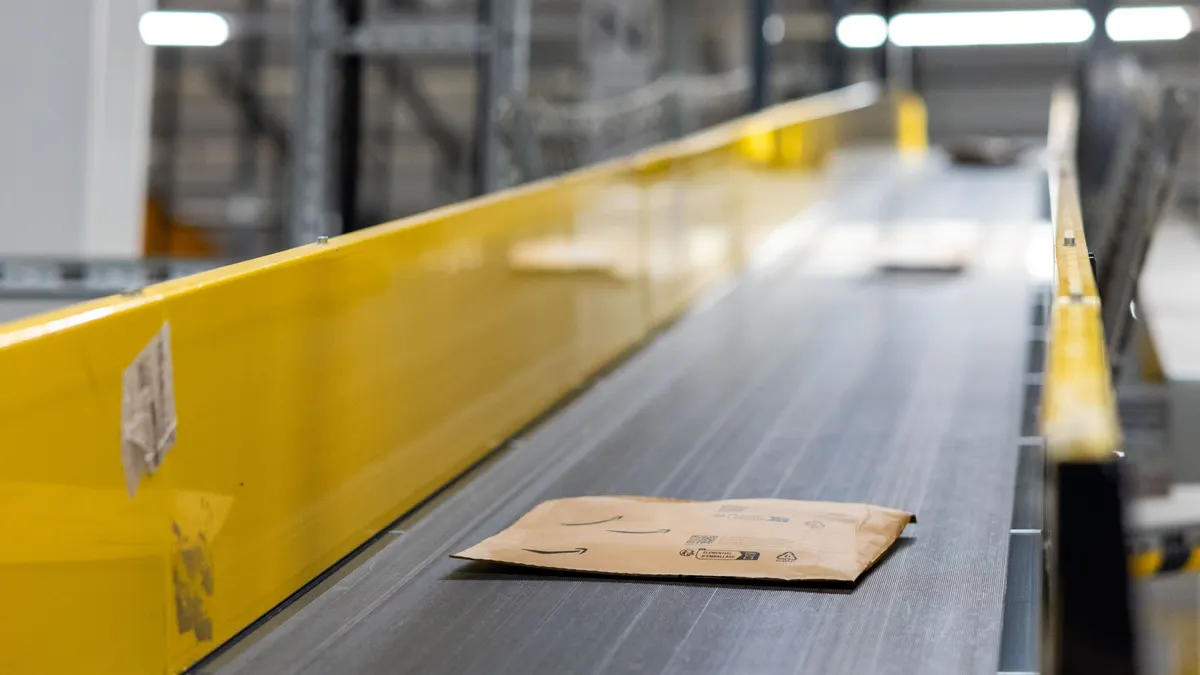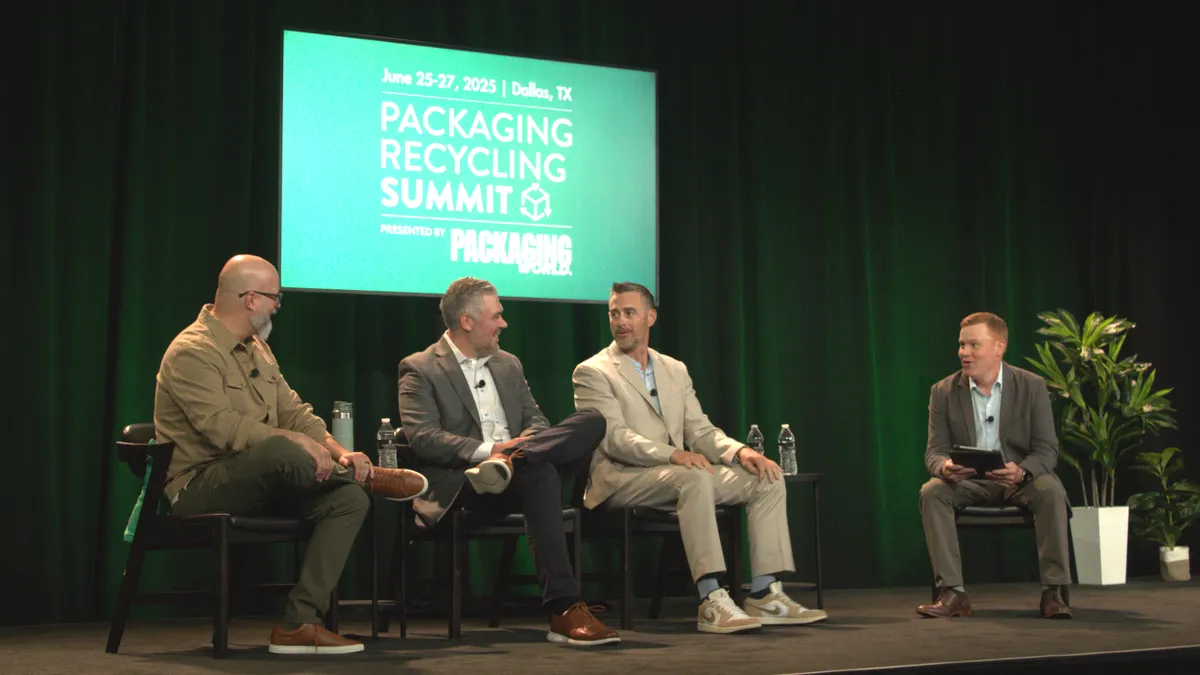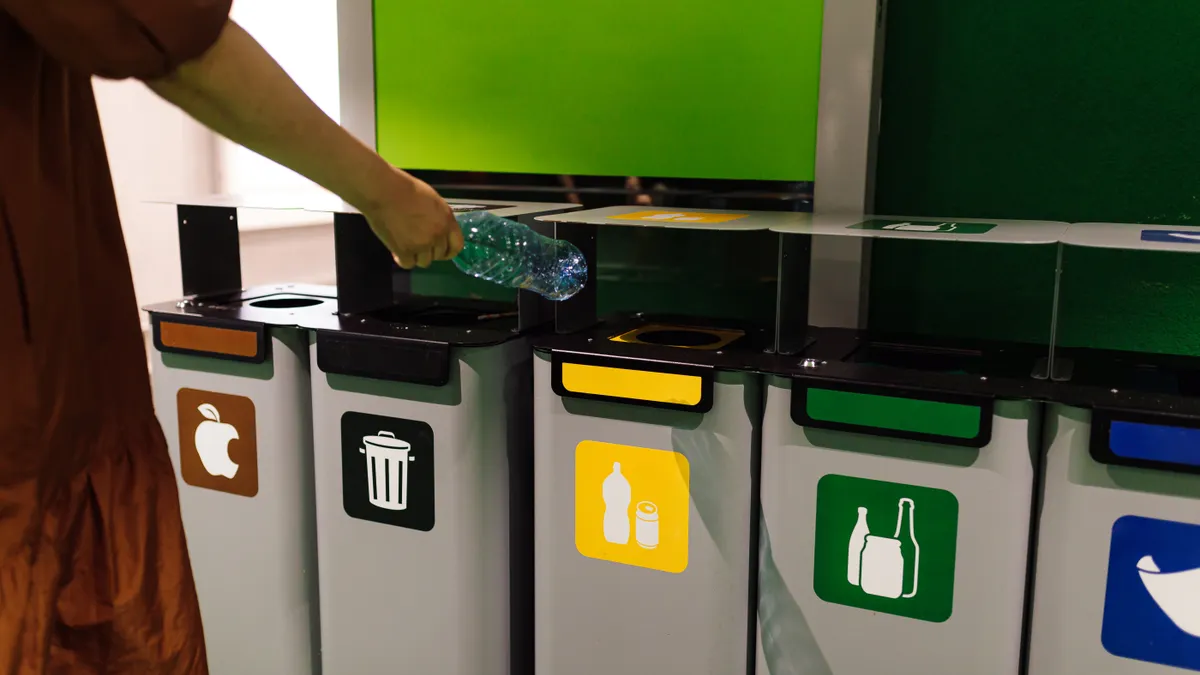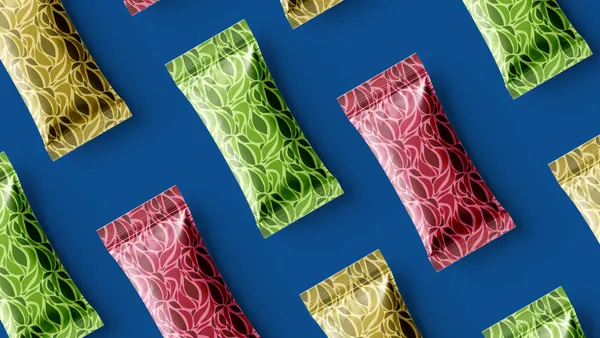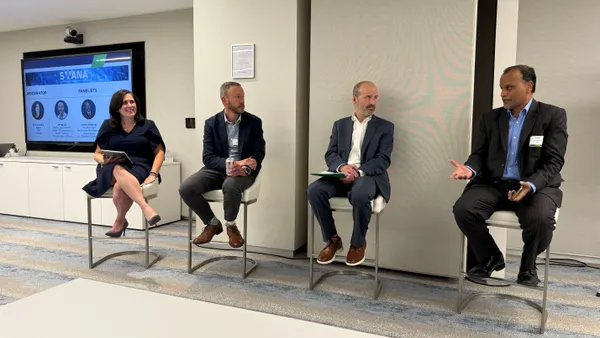Companies constantly innovate to develop new packaging products and update existing packaging to get better performance, improve marketability and enhance sustainability. Here’s a look at nine recent packaging product releases and redesigns on Packaging Dive’s radar.
Oh, baby
For the first time since the brand launched in 1987, Angel Soft toilet paper packaging will feature an animated baby instead of a realistic baby image. Angel Soft (a Georgia-Pacific brand) debuted the new main character, Angel, and her crew in TV and online ads last year; Angel will now be a permanent fixture on the product packaging.
“Angel was born from the insight that the Angel Soft brand target consumer is looking for simplicity in the sometimes overly complex toilet paper aisle,” Georgia-Pacific said in a news release. Angel Soft reported growth following the campaign launch, including increases in volume share, buy rate and household penetration.
The packages are rolling out this month to stores that carry Angel Soft, including Kroger, Target and Walmart.
Old wine, new bottle
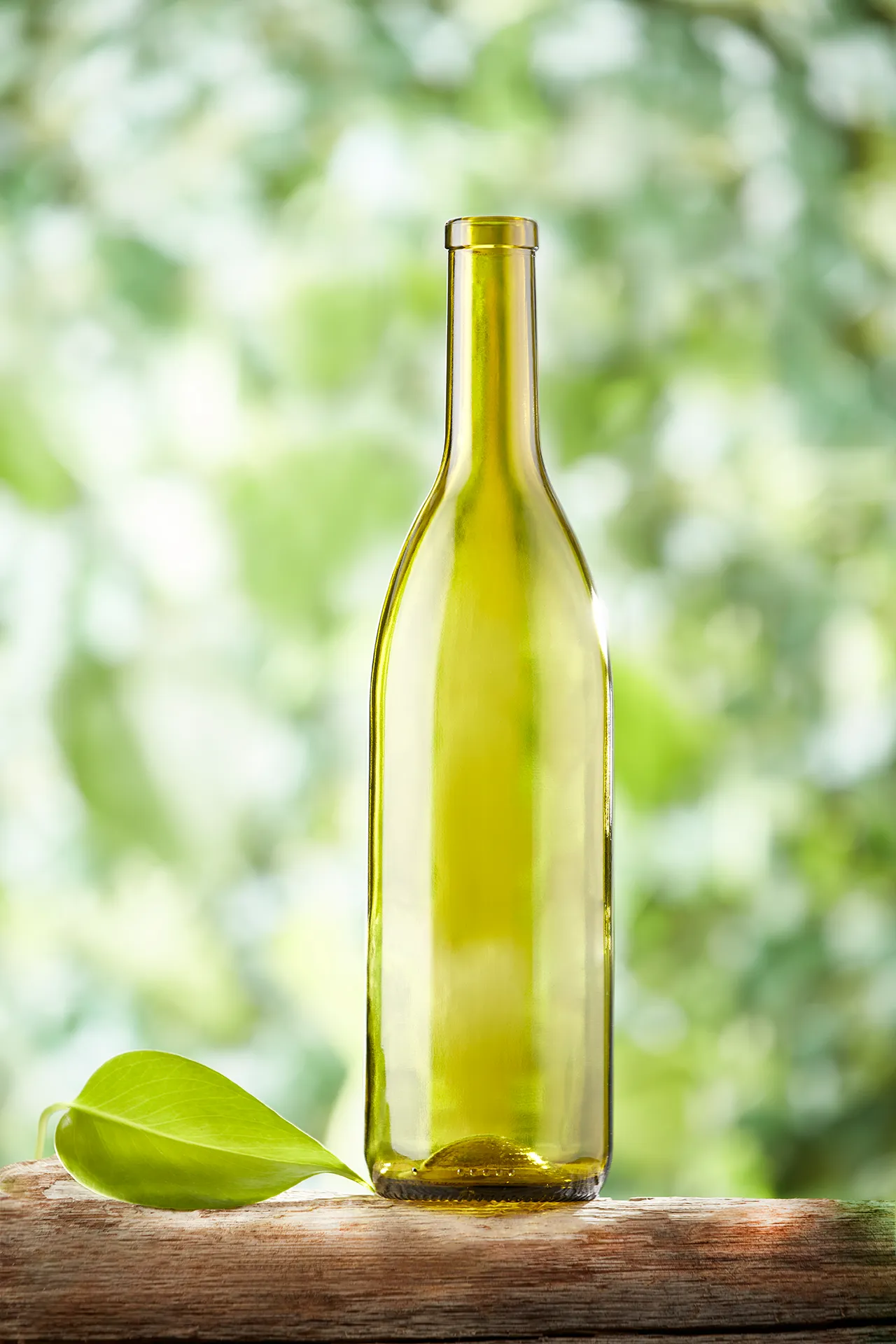
O-I Glass launched a lightweight wine bottle in France that it says bears a lower carbon footprint than conventional wine bottles. Estampe weighs about 390 grams, compared with the 500-gram average weight of a conventional glass wine bottle, and results in 25% less emissions. It also contains at least 80% recycled content.
O-I worked with the Carbon Trust to achieve the first 75 centiliter bottle to meet the organization’s criteria for low-carbon packaging, according to an O-I news release.
“O-I has been innovating glass bottles for more than a century, and as the demand for lightweight, lower impact packaging rises, we’re focused on transforming our processes and technology to meet that need without compromising on design,” Arnaud Aujouannet, chief sales and marketing officer for O-I, said in the release.
The lower-emissions bottle supports O-I’s SBTi-approved target to reduce greenhouse gas emissions by 25% by 2030, with an interim target of 10% by 2025.
Lash out
Aluminum manufacturer Constellium announced that it partnered with aluminum parts designer and manufacturer G.Pivaudran to develop aluminum tubes for Chanel’s Le Volume line of mascaras that contain up to 20% postconsumer recycled material. The partners worked on this project since 2018, overcoming challenges with deep stamping and maintaining a smooth or brushed look.
“We are very proud of this major accomplishment, which supports the growing trend towards eco-friendly solutions in the beauty industry,” Patrick Broom, director of sales and marketing specialties at Constellium, said in the news release.
Plastic from the sea
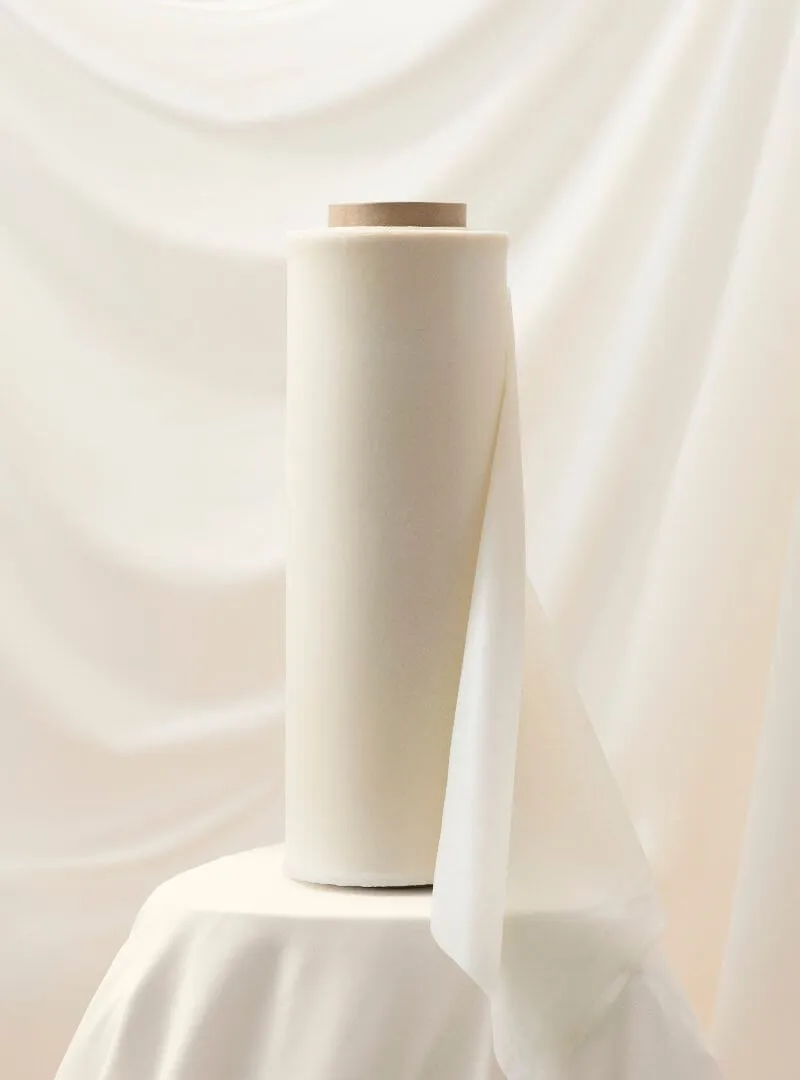
Seaweed-based packaging company Sway introduced TPSea thermoplastic resin. The resin is 100% biobased, primarily derived from seaweed, and is compostable, according to Sway. The resin pellets are an alternative to petroleum-based versions and can be melted and stretched like conventional thermoplastics.
Sway also unveiled TPSea Flex Film, a flexible film made from the bioresin pellets. The translucent film is strong, and can withstand moisture and a variety of temperatures, the company said in a news release. The film is suitable for applications including retail bags and food wrappers, and “decomposes naturally in home, backyard, and industrial compost environments,” Sway said.
Juicy changes
Design firm Little Big Brands announced that it worked on the refresh of Juicy Juice, a Harvest Hill Beverage Co. brand. LBB highlighted the playfulness of the new look that appeals to kids while also drawing in parents.
“Redesigning the iconic kids’ brand Juicy Juice was all about the balancing act: reassuring Mom this is still the go-to 100% juice brand with no sugar added and no artificial sweeteners while still having the cool factor in the lunchbox and fridge,” LBB said on Instagram.
The redesigned packaging began hitting store shelves last month, according to Packaging Strategies.
Refreshment revamp
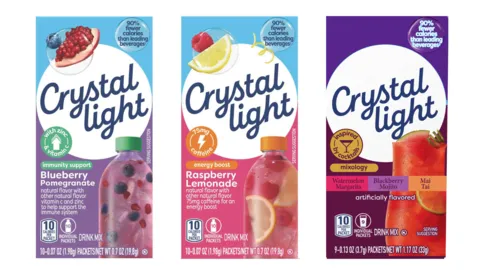
Crystal Light also launched a brand revamp, according to its parent company, The Kraft Heinz Co. Crystal Light unveiled a new logo, typography and photography on the updated packaging. The changes were inspired by consumers “seeking products that are not only better-for-you but taste great,” said a Kraft Heinz news release.
“The new graphics display bright and radiant refreshment cues designed to enhance Crystal Light’s presence on shelf and highlight supporting ingredients,” according to the release. As part of the brand refresh, Crystal Light is also launching new product lines for the first time in more than a decade: Mixology, Immunity and Energy.
Flexible fiber for foods
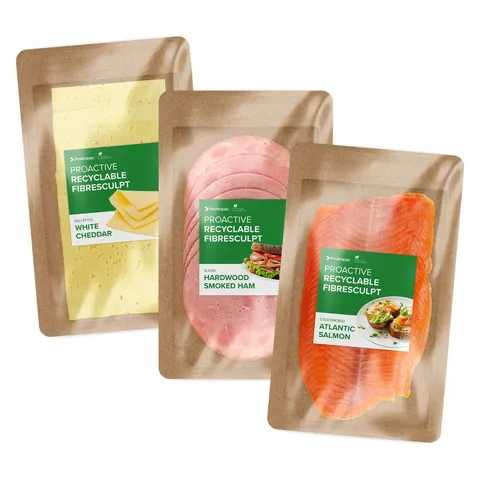
ProAmpac launched a fiber-based thermoforming product in Europe. The high-barrier FibreSculpt contains more than 90% fiber content and also is curbside recyclable in the U.K. and Ireland, according to a company news release. FibreSculpt has “excellent grease resistance,” and the high barrier maintains product shelf life, the release said.
ProAmpac said FibreSculpt is lightweight and provides a reduced packaging alternative to thermoformed flexible, rigid or semi-rigid products. It is suitable for use with foods including cold cuts, cheese and fish.
Piece of paradise
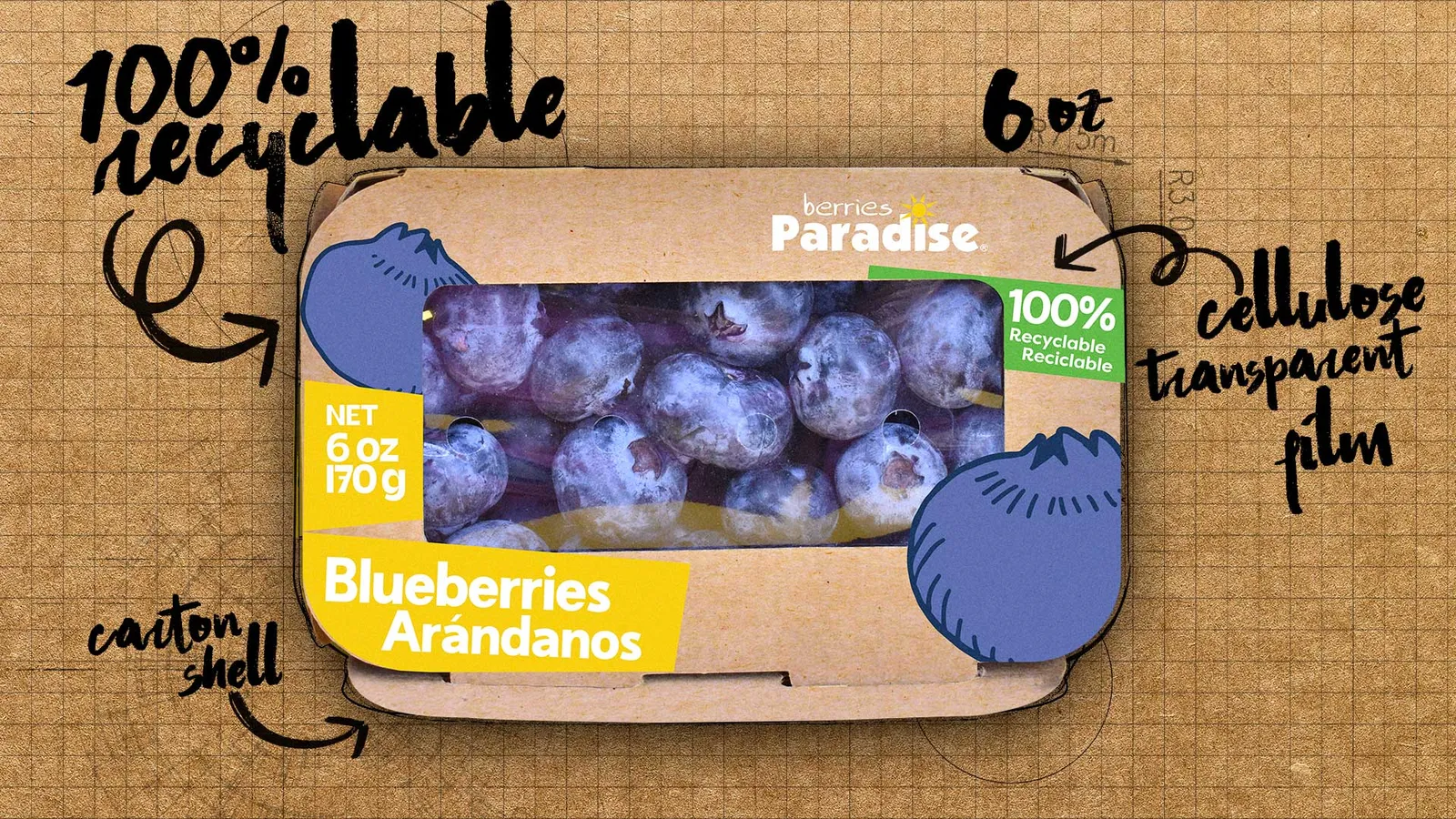
Berries Paradise introduced Ecopack, a 6-ounce fiber container for its blueberries that the company said is recyclable. The lid’s transparent film is made from cellulose, “a natural and renewable resource” that the company says enhances the packaging durability and preserves the produce.
The container has launched in Mexico, and Berries Paradise plans to bring it to other markets.
Wrapped up in PCR
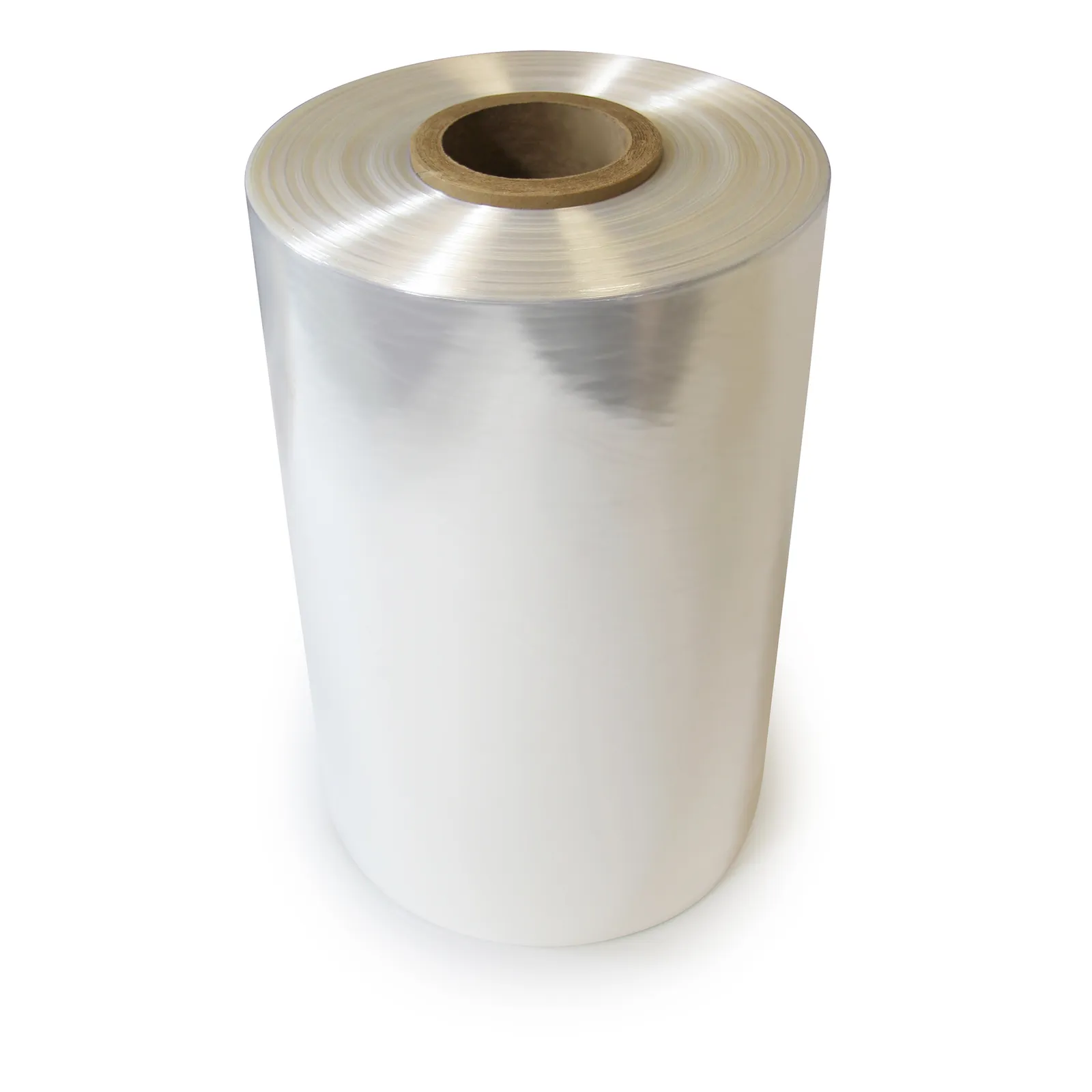
Packaging manufacturer IPG (Intertape Polymer Group) introduced ExlfilmPlus PCR, a polyolefin shrink film that contains 35% total recycled content — a minimum of 10% certified postconsumer recycled content and 25% certified postindustrial recycled content. How2Recycle has prequalified ExlfilmPlus PCR for recycling via store drop-off programs.
The thin gauge reduces material use by up to 9%, the company said in a news release, and the material is compatible with most existing shrink film equipment. It is also “approved for some direct food contact applications.”
“It is the perfect choice for companies looking to meet their sustainability goals without sacrificing any of the coveted superior packaging traits associated with premier polyolefin shrink film,” Mike Young, vice president of films at IPG, said in the release.



